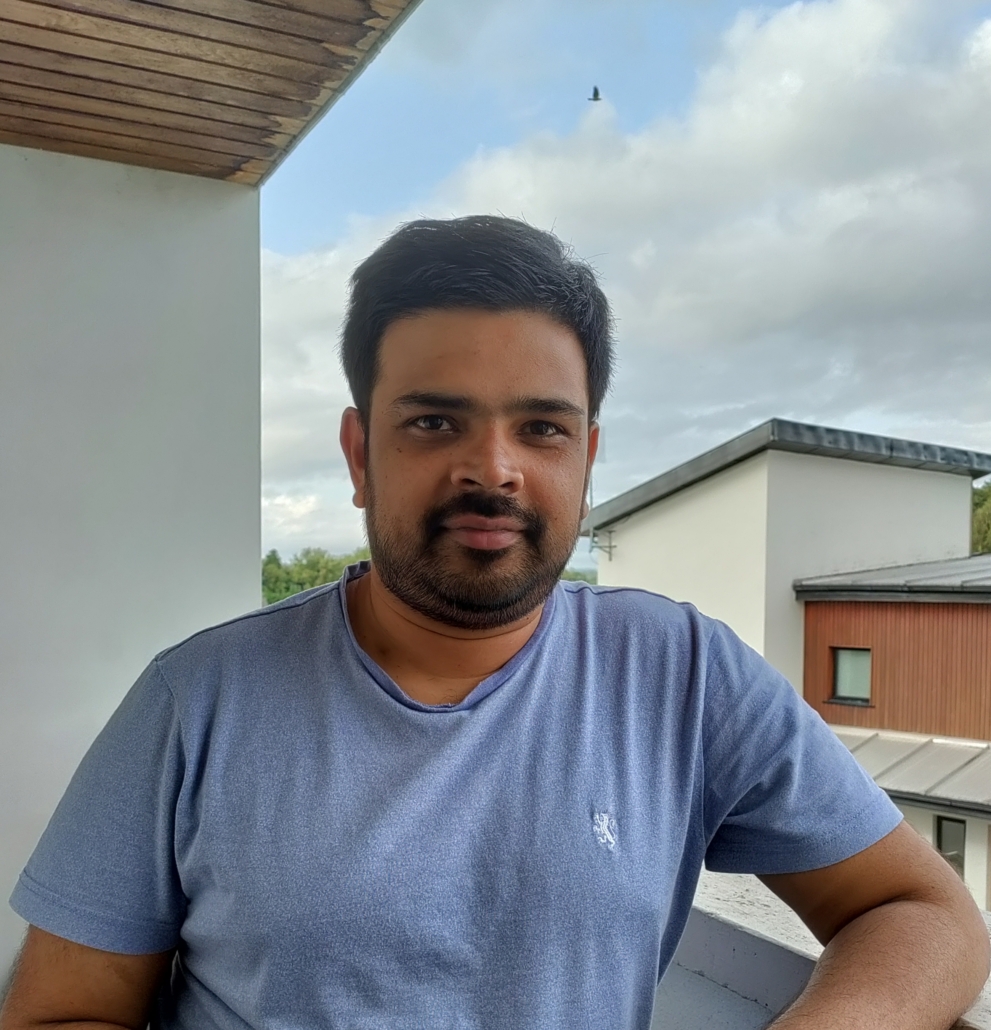Hi, my name is Darpan Mishra. I am from West Bengal, India, and I am currently an MSCA COFUND SPARKLE fellow at Tyndall National Institute, Ireland.
In school, I chose science as my field of study as I was interested in pursuing engineering at the college level. This was partly because my father himself is an electrical engineer, and we have our own company in India that makes electronic items. My father used to tell me how different electrical components and circuits work. This made me very interested in pursuing a similar career, due to which I studied Electrical and Electronics Engineering in college.
However, during school or my Bachelor’s, I didn’t think about doing PhD, nor had I had any inclination towards a research or academic-oriented career.
After my Bachelor’s, I enrolled for master’s in VLSI Design at the University of Calcutta. It was there that I became interested in doing research and pursuing a PhD The reason was that all the teachers that taught us there had excellent research backgrounds and were PhD degree holders. Their method of teaching was different than what I had encountered during my engineering studies. Near the end of my master’s, I got a campus placement in TCS for an IT position. However, I went ahead and applied for PhD in different institutes. I finally got into IIT Guwahati and didn’t join the IT industry.
The turning point in my career came in 2015 when I had three options – to join an IT industry for which I already had an offer, to join IIT Guwahati for doctoral study, or to reject both offers and try in core industries for a job. I chose to pursue a PhD as, by then, I was vastly inspired by the faculties at the University of Calcutta. When I joined IIT, I was allocated a supervisor who worked in the field of photonics. At the start of my PhD, I had minimal
knowledge in the field of photonics. This was perhaps the major obstacle I faced during my PhD However, my supervisor was very helpful and supportive, and it is mandatory in India to do coursework during the first year of doctoral studies. This helped me in gaining the requisite knowledge to pursue further research.
I didn’t have any negative experiences during my doctoral study. It was very enjoyable mainly because of two reasons – I made great friends there, and I had a supervisor who was very friendly and a good human being. When I completed my doctoral studies in 2020, job opportunities were nil, and everything was stalled due to COVID. But my supervisor was supportive and gave me a position on a project and said to work there until I got a job. I moved to IIT Bombay from IIT Guwahati as a postdoc fellow in 2022 and worked on optical fibres for six months. In September 2022, I joined Tyndall as a researcher in the III-V Materials and Devices group, and currently, from April 2023, I am working as a SPARKLE fellow in the same group.
For someone who is unsure of which path to take, I would advise them to listen to their heart. There may be struggle and obstacles initially, but it is important that you don’t have any regret at a later stage in life. Whatever career path you choose, ensure that you learn new skills that will help in the future. In my life, the advice I got from my parents and my PhD supervisor was very valuable – we should not only aim to achieve excellence in our careers but also in our personal and social life.
Sparkle has received funding from the European Union’s Horizon 2020 research and innovation programme under the Marie Sklodowska-Curie grant agreement No. 847652 and from Science Foundation Ireland.







